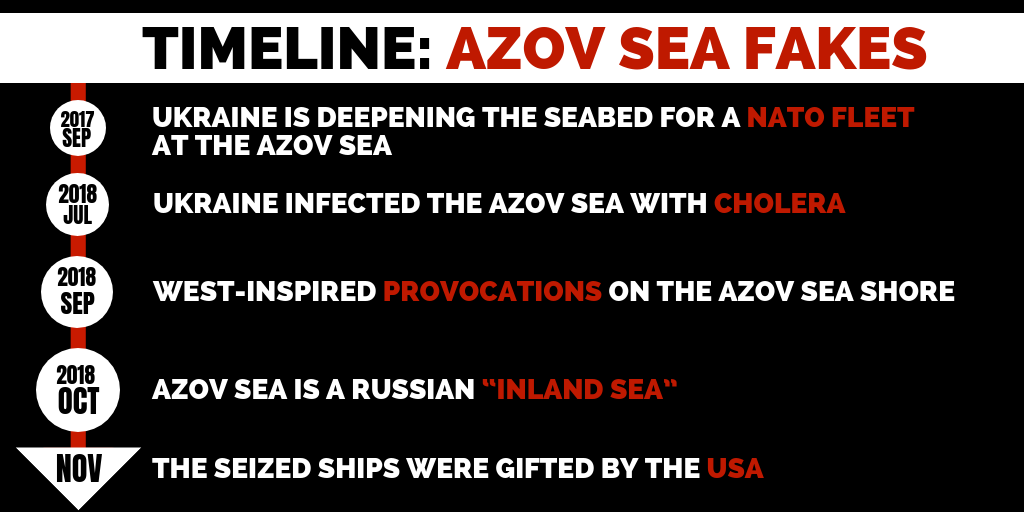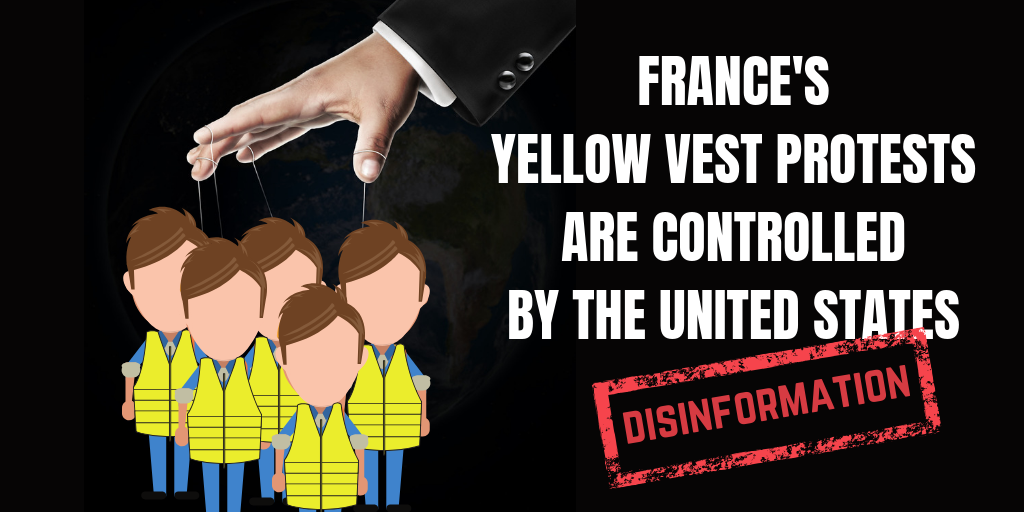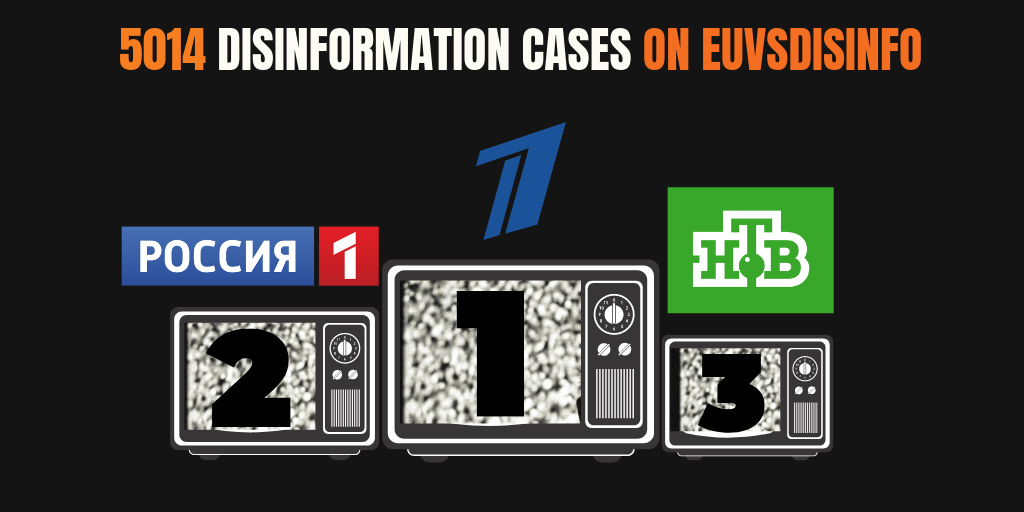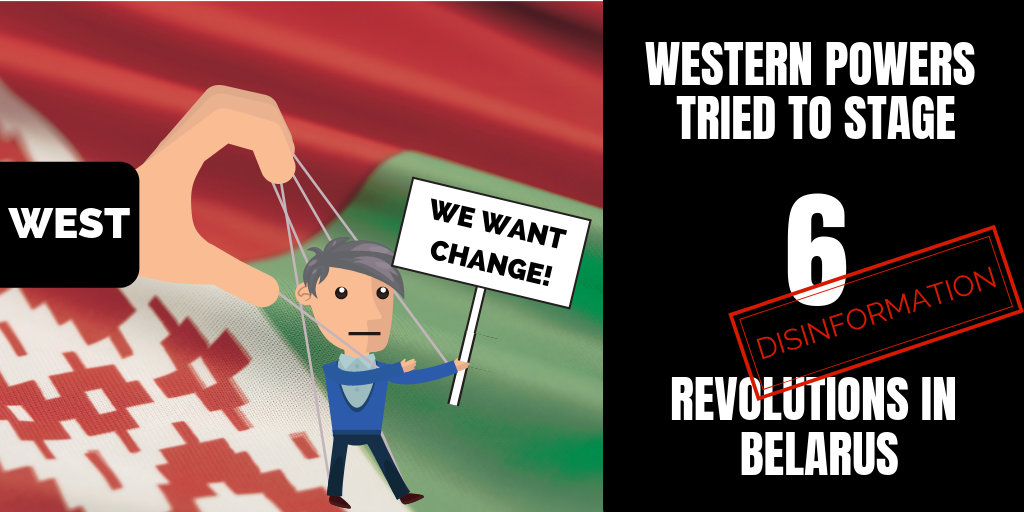In fact, the campaign had been launched much earlier.
More than a year ago, Russian media started publishing claims of “Ukraine deepening the seabed for a NATO fleet at the Azov Sea.” In fact, no evidence to any such “NATO fleet” can be found.
During the last summer and fall, the disinformation campaign intensified. We heard that Ukraine had suddenly “infected the Azov Sea with cholera” (the World Health Organisation reported that they have no data of any cholera cases there). In September the messaging was already preparing the ground for later disinformation, forecasting “West-inspired provocations on the Azov Sea shore” and that the US has been “planning for clashes between Ukrainian and Russian naval forces in the Black Sea since the 1990s.” The “evidence” is based on a video game a former Russian soldier claims to have seen 15 years ago.
All these disinformation messages have the same objective: to show that Ukraine is the aggressor and that it takes orders for its “provocations” from the West. Always a convenient message for Russia’s disinformation; when we look at the illegal annexation of Crimea, or consecutive false claims that the Azov Sea is a Russian “inland sea” – or Russia’s celebration of the use of military force against Ukraine.
During the last week, there was also a shift in the focus: to Ukrainians themselves. The aim seems to be to spread mistrust in the Ukrainian government and Western partners with lines like “The West hoped to paint the Azov Sea with the blood of Ukrainian citizens” and how “children in Mariupol are forced to dig trenches for soldiers.”
The English-language conspiracy sphere invented one more theory to justify Russia’s actions. The impeccable logic goes that Russian special forces actually managed to stop a provocation that might have led to World War III – as UK and Ukraine secret services were apparently transporting a portable nuclear device to explode the Crimea bridge. No efforts were made by the authors to even try and offer some proof.
Chaos in Europe
In parallel to the operation around the Azov Sea, there is also a love for chaos on the air – at least in the newsroom of Russia Today. The riots in France have received so much attention from them that the keyword “France” brings up more than 20 stories about the Yellow vest protest in France from the last five days alone.
So if RT presents itself as a global media outlet, wouldn’t it make sense to apply the same level of scrutiny to the protests that happened in Russia in September? In reality, the keyword “pension” brings up this article about the protest against pension changes. It’s illuminating to compare this coverage to the BBC’s version to draw some conclusions about the strategy behind it.
Read also: The Kremlin’s chaos strategy in Ukraine and its helpers
Russian TV concluded that the protests in France are similar to “US-sponsored color revolutions” and, like the Maidan, dictated by the Americans in response to President Macron’s plans to create a European army.
Sounds far-fetched? It seems that years of disinformation about the Maidan have created an information space where relying on conspiracies has become a norm.
Read more:
- Sailors captured by Russia are POWs, Russia violates Geneva Convention, say Ukrainian officials, lawyers
- Russian attack on Ukrainian ships: who has a right to do what in the Azov Sea
- FSB tries to explain attack on Ukrainian ships, proves Russia broke its own laws
- Russian fighter jet blasted Ukrainian ships with unguided missiles in Azov Sea, SBU claims
- Russian wave of disinformation from the Azov Sea
- Russia takes 24 prisoners of war after attacking Ukrainian ships in Azov, televises “confessions”
- Ukraine has law but not force on its side in Sea of Azov, Polyakov says
- Moscow’s blockade of Sea of Azov intended to force Kyiv to lift its own on Crimea, Samus says
- Russia positioning to attack Ukraine from Sea of Azov, Ukrainian general says
- Russian attack on Ukrainian ships near Kerch Strait – full chronology
- Martial law to be imposed in nearly half of Ukraine. Here is what will change
- Russia attacks Ukrainian ships near Kerch strait – video, audio intercepts
- Ukrainian warships break Russian de-facto blockade in Azov Sea to create naval base
- Gaps in geography: Russia thinks Black Sea not European, Duma vice-speaker sees Azov Sea inland Russia’s
- Russian aggression in the Azov Sea has been ongoing since May 2018
- Is Russia preparing to attack Mariupol by blockading Ukrainian Azov Sea ports?
- Moscow boosting tensions in Sea of Azov but can’t change strategic situation there, senior Ukrainian intelligence officer says
- Moscow seeking to provoke revolts in Ukraine’s Azov Sea ports, Ukrainian admiral says
- Moscow blocking maritime shipping to Ukrainian ports on Sea of Azov
- Black Sea gas deposits – an overlooked reason for Russia’s occupation of Crimea










